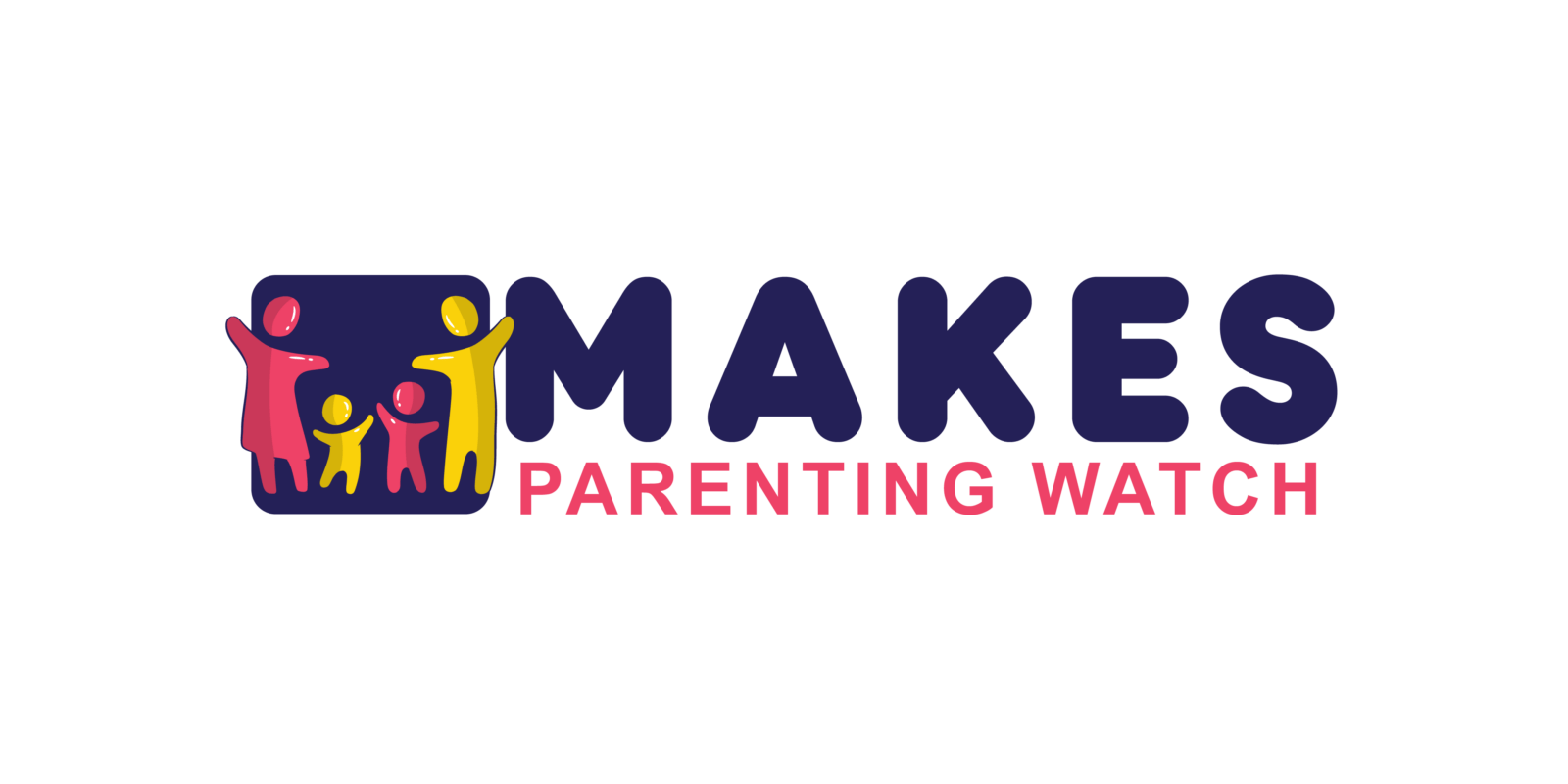School is more than just a place for learning algebra or grammar—it’s a critical piece of a child’s foundation. The importance of structured learning environments like those in schools can’t be overstated. Programs like school education nitkaedu aren’t just reshaping how children learn; they’re creating future-ready minds capable of navigating a complex world. To see how that works in practice, explore this essential resource, which breaks down the fundamental value of modern educational systems.
Why Schools Still Matter in a Digital World
With so many learning apps, online courses, and AI tutors available, it’s fair to wonder: do we still need schools the way we used to?
Short answer—yes.
While technology has added great tools, it hasn’t replaced the social structure, guidance, and grit children develop in schools. School education isn’t simply about absorbing facts. It gives kids time to practice discipline, build relationships, and try—then fail—then try again.
Think of it this way: ChatGPT might help you solve a math problem. But it won’t push you to run for student council or learn teamwork on the soccer field. That’s what a real school community does.
Holistic Development: Head, Heart, and Habits
A core benefit of school education nitkaedu is its focus on the whole child—not just test scores.
At every stage of school life, students are exposed to different types of development:
- Cognitive: Understanding math, science, languages, and more.
- Social: Learning how to live, work, and play with others.
- Emotional: Handling failure, celebrating success, and developing empathy.
- Practical: Managing time, solving real problems, adapting to change.
Schools create a balanced ecosystem. Kids engage in arts, sports, leadership, and academics—all structured to uncover passions and build strengths.
Building Lifelong Skills
One test might not define your career, but the habits you build in school certainly shape it.
In traditional and progressive setups like those under school education nitkaedu, students develop key life skills:
- Critical thinking: Learning how to evaluate, doubt, reason, and decide.
- Communication: Presenting ideas clearly, both verbally and in writing.
- Collaboration: Working with teams across conflicting viewpoints or goals.
- Resilience: Getting up after setbacks—and trying again.
These “soft skills” are now some of the most in-demand qualifications in work and life.
Teachers Do More Than Teach
Yes, they help kids read and write—but they also notice warning signs when something’s off.
Teachers in a strong school system play multiple roles: mentor, coach, counselor, even protector. They’re often the first to spot learning difficulties or emotional distress.
Programs like school education nitkaedu emphasize teacher training and involvement. This structure helps ensure students don’t fall through the cracks.
And importantly, the positive model set by compassionate, competent teachers often shapes a child’s self-worth as much as the curriculum itself.
The Role of Routine and Stability
Don’t underestimate what consistency does for kids.
Structured academic calendars give children a routine that cultivates time management and self-discipline. That stability also adds a layer of emotional safety—something many kids need to thrive.
It’s not just about learning when to show up or submit homework. It’s about learning how to commit and be accountable—qualities that serve well far beyond school walls.
Reducing Inequality Through Access to Opportunity
Public education—when applied with equity in mind—can narrow social gaps.
By providing consistent resources, school systems like school education nitkaedu help level the playing field. For children from underserved communities, access to quality school education can be the turning point.
That’s where the real impact of well-designed systems shows. Education becomes a launchpad into better jobs, higher income, and more agency in life choices.
Preparing for an Unpredictable Future
Let’s be realistic: We don’t know which jobs will exist in 20 years.
But we do know that the ability to think critically, adapt quickly, and collaborate across cultures is what’s going to matter most.
School systems catering to modern needs—like school education nitkaedu—are responding by redesigning learning environments that mirror this uncertainty. They’re not just teaching coding or climate science. They’re training students to handle ambiguity, lead with curiosity, and constantly learn.
Conclusion: School Is Still the Safest Bet
Online tools and alternate education are evolving fast. But they should supplement—not substitute—school education.
Systems like school education nitkaedu demonstrate how schools remain the best environment to develop thinking humans, not just smart ones. Ultimately, it’s where young minds get the structure, challenge, feedback, and support they need to thrive.
So whether you’re a parent, educator, or policymaker, the question isn’t whether school still matters.
The real challenge: how do we keep evolving it to meet the needs of tomorrow—without losing what already works today?


 Editheena Kees – Health and Wellness Specialist Editheena Kees is a dedicated Health and Wellness Specialist at Makes Parenting Watch, where she combines her expertise in pediatric health, nutrition, and mental wellness to offer parents comprehensive support for raising healthy children. With a background in public health and family nutrition counseling, Editheena understands the importance of a balanced approach to both physical and mental well-being. She writes extensively on topics such as healthy eating habits for children, strategies for managing parental stress, and the importance of self-care for new parents. Editheena also emphasizes the significance of fostering healthy emotional development in children, offering tips on building resilience and maintaining strong family connections. Her holistic approach ensures that families are equipped not just to survive the challenges of parenting, but to thrive. In addition to her writing, Editheena collaborates with healthcare professionals to provide readers with the latest research and recommendations in child health.
Editheena Kees – Health and Wellness Specialist Editheena Kees is a dedicated Health and Wellness Specialist at Makes Parenting Watch, where she combines her expertise in pediatric health, nutrition, and mental wellness to offer parents comprehensive support for raising healthy children. With a background in public health and family nutrition counseling, Editheena understands the importance of a balanced approach to both physical and mental well-being. She writes extensively on topics such as healthy eating habits for children, strategies for managing parental stress, and the importance of self-care for new parents. Editheena also emphasizes the significance of fostering healthy emotional development in children, offering tips on building resilience and maintaining strong family connections. Her holistic approach ensures that families are equipped not just to survive the challenges of parenting, but to thrive. In addition to her writing, Editheena collaborates with healthcare professionals to provide readers with the latest research and recommendations in child health.
